T4K3.news
Wholesale inflation climbs in July amid tariffs
A July jump in producer prices points to rising costs that could filter into consumer inflation.

Wholesale inflation rose in July as import taxes push costs higher, signaling potential pressure on consumer prices.
U.S. producer prices jump in July amid tariffs
The Labor Department reported that the producer price index rose 0.9% in July from June, the biggest monthly gain in more than three years. On a year over year basis, wholesale prices were up 3.3%. Excluding food and energy, core PPI rose 0.9% for the month, the largest increase since March 2022, with year over year gains at 3.7%. Wholesale food prices climbed 1.4%, led by a 38.9% jump in vegetable prices, while home electronic equipment rose 5%. These components are heavily imported, which makes tariffs a likely factor behind some of the moves.
The report also shows a puzzling rise in margins at retailers and wholesalers, an outcome analysts called counterintuitive if firms were mostly absorbing tariff costs. Tariffs have created uncertainty about the economy, with many importers stockpiling products before tariffs took effect and those inventories now diminishing. Consumer prices rose 2.7% in July from a year earlier, and core consumer prices were up 3.1%, figures that underscore inflation pressure that could influence the Federal Reserve’s policy path. The PCE inflation data, a key Fed gauge, is due Aug. 29. The report comes as legal challenges to some tariffs move through courts and as the Fed weighs its next policy move amid a wait‑and‑see stance.
Key Takeaways
"It will only be a matter of time before producers pass their higher tariff related costs onto inflation weary consumers"
Christopher Rupkey on pass‑through risk
"to put it lightly, counterintuitive given firms are absorbing much of tariff increases in margins"
Stephen Brown on margins
"This report is a strong validation of the Fed's wait-and-see stance on policy changes"
Carl Weinberg on Fed path
"Tariffs create uncertainty about the U.S. economy"
Policy uncertainty note
What stands out is the mixed signal in the data. Wholesale prices are rising, but consumer inflation has yet to accelerate in lockstep, suggesting some firms still shoulder tariff costs. If tariffs persist or widen, pass‑through to prices could intensify and chip away at consumer purchasing power. The political layer adds risk: leadership changes at the Labor Department and ongoing court battles over tariffs fuel market nerves and complicate policy credibility. In this environment, the Fed may slow its rate‑cut timetable, a shift that could ripple through markets and borrowing costs for households and businesses.
Highlights
- It will only be a matter of time before producers pass higher tariff related costs onto inflation weary consumers
- to put it lightly, counterintuitive given firms are absorbing much of tariff increases in margins
- This report is a strong validation of the Fed's wait and see stance on policy changes
- Tariffs create uncertainty about the U.S. economy
Tariffs heighten inflation risk and policy uncertainty
The July price surge links tariffs to potential higher consumer inflation and clouds the Fed path, raising concerns about political reactions, investor confidence, and public perception. Leadership changes at the BLS add to concerns about data independence.
Policy watchers will continue to monitor how trade policy and inflation data interact in the coming months.
Enjoyed this? Let your friends know!
Related News

US wholesale prices rise in July amid tariff impact
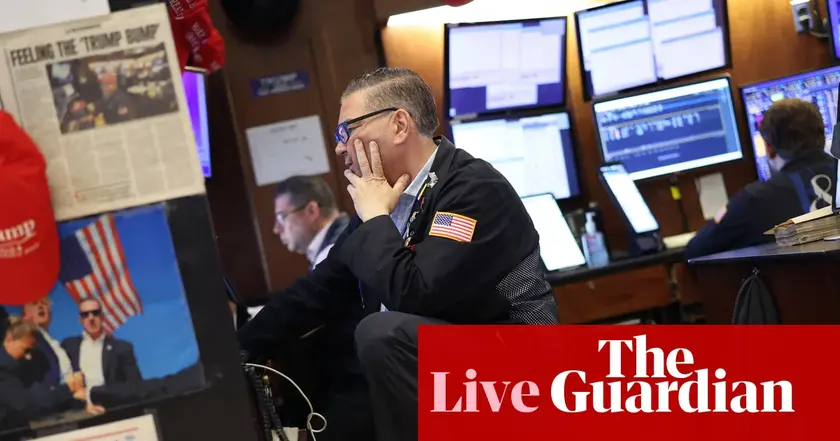
Thames Water contingency plans approved
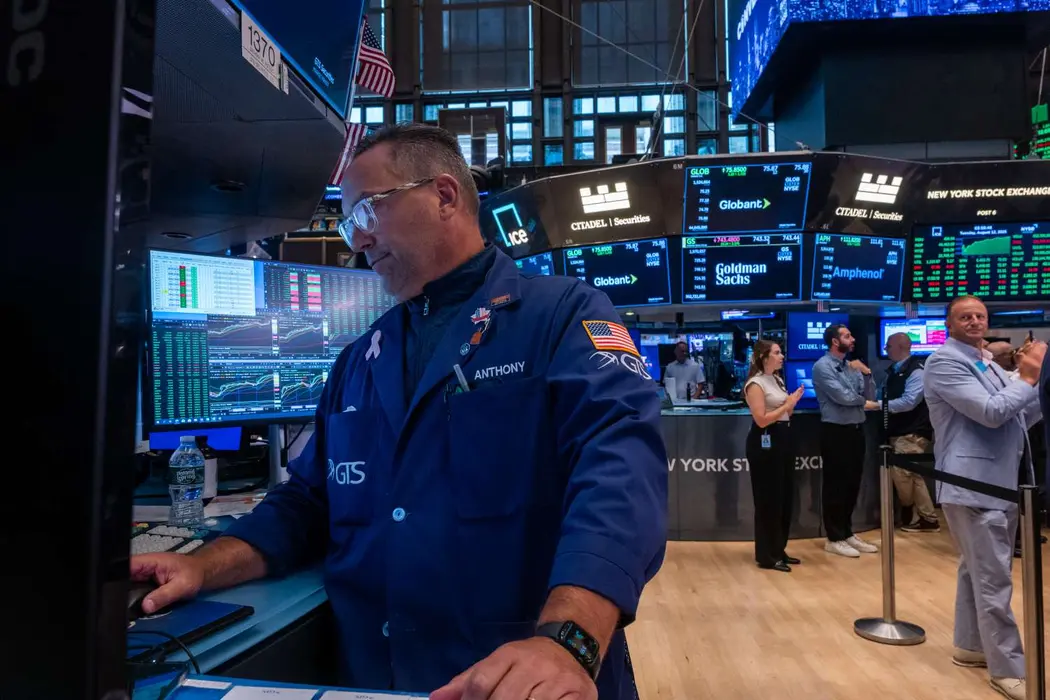
S&P 500 Holds Narrow Gain Intel Extends Rally
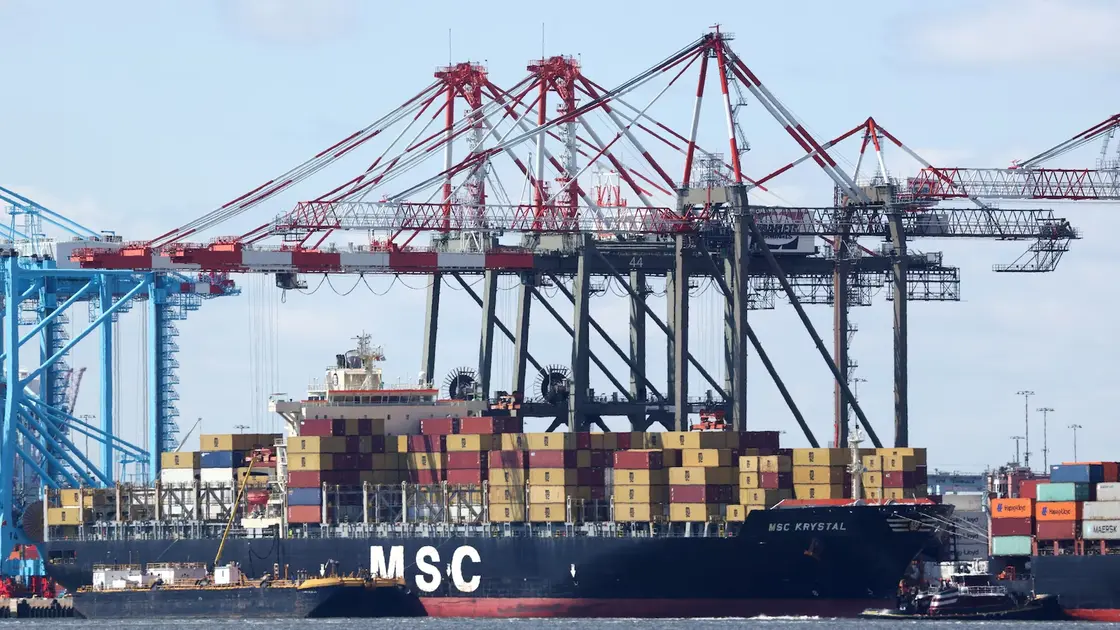
Wholesale vegetable prices surge
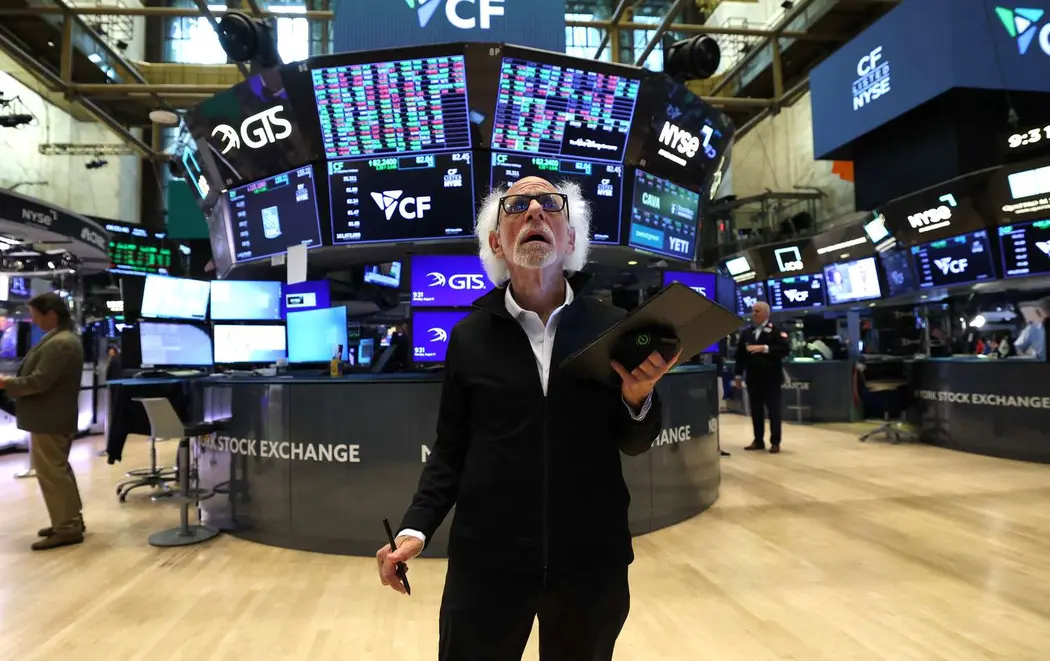
Markets Edge Higher Ahead of Inflation Data

July retail sales show resilience amid price pressure
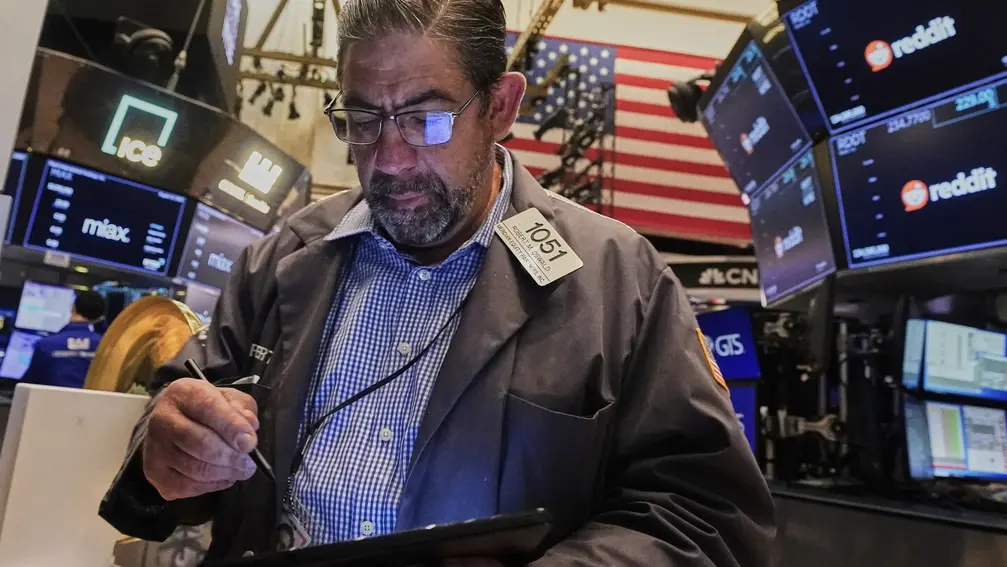
Markets pause as inflation surprises
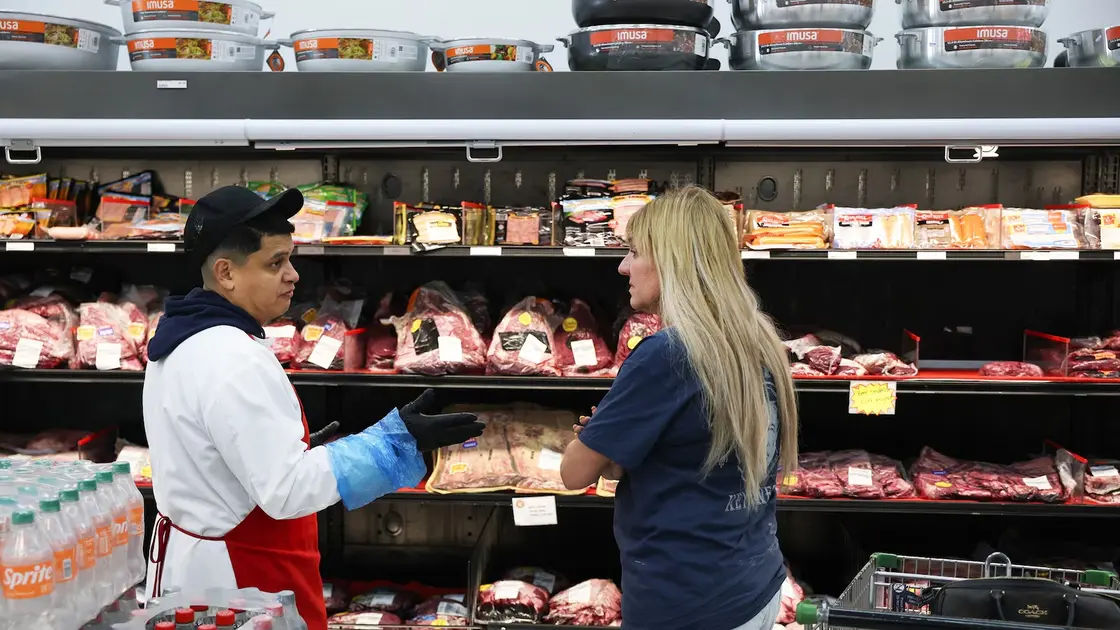
U.S. economy expected to grow amid tariff uncertainties
